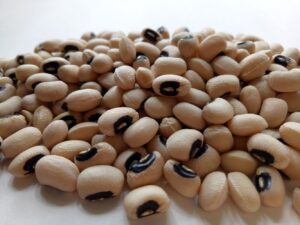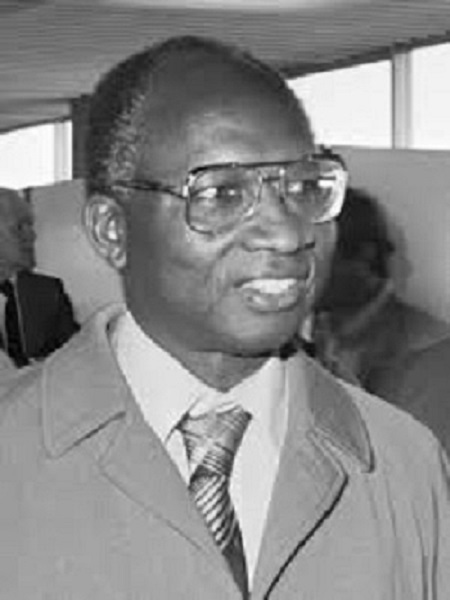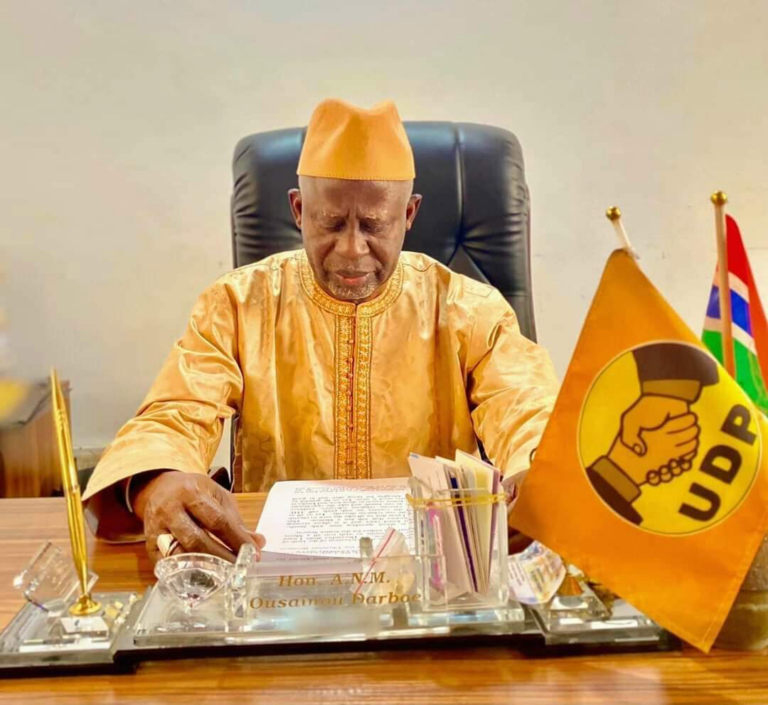By Prof. Raphael Nyarkotey Obu
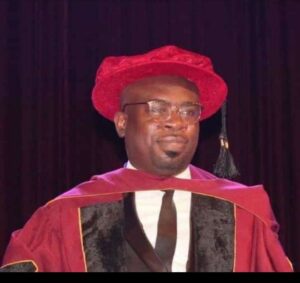
The writer

Coffee
I also notice coffee is revered in the Gambia. From careful observation, it appears coffee is next to attaya consumption in the Gambia. Notwithstanding, coffee is one of the most consumed beverages globally. In Africa, many studies and research missions have found wild species of coffee growing off the coast of Côte d’Ivoire and in some areas of Sierra Leone.
On the global front, the top five coffee-producing countries: Brazil, Vietnam, Columbia, Indonesia, and Ethiopia, accounting for 75% of the world’s total coffee production.
The International Coffee Organization, reports that a total of 169.6 million 60-kilogram bags of coffee were produced worldwide in 2020, with the top 10 biggest coffee-producing nations accounting for 87% of the commodity’s market share. Coffee is the third most consumed beverage globally, after water and tea. The issue of whether coffee consumption is good for our health is the subject of this article and I examine this based on sound scientific evidence.
Coffee is loaded with caffeine, however, it is rich in antioxidants and contains a small amount of several micronutrients that your body needs as well. However, it’s also been linked to many different side effects, and health experts often advise that certain groups of people limit their intake to avoid adverse effects on health.
Coffee: nutrition
Arabica and robusta are the two most common types of coffee. Though they are limited in their content of vitamins and minerals, coffee is far better as compared to energy drinks, soda, and sweetened teas or juices. It contains no sugar or carbs and virtually no calories. According to the United State Department of Agriculture: One eight-ounce cup of regular coffee nutrition contains about;
- 2.4 calories
- 0.3-gram protein
- 0.2 milligrams riboflavin (11 per cent DV)
- 0.6-milligram pantothenic acid (6 per cent DV)
- 116 milligrams of potassium (3 per cent DV)
- 0.1-milligram manganese (3 per cent DV)
- 7.1 milligrams magnesium (2 per cent DV)
- 0.5 milligram niacin (2 percent DV)
The amount of caffeine in coffee depends on several factors such as the type of bean, manufacturer, and method used for making the coffee. For example, a standard cup from Starbucks has been found to contain more caffeine amount than the average medium-roast coffee at home.
According to the USDA, an average eight-ounce cup of brewed coffee from ground beans contains about 95 milligrams of caffeine. Meanwhile, the same size cup from Starbucks (which would be a “short”) has also been found to contain about 64 milligrams, and a cup of green tea has about 44 milligrams. That means drinking a cup of coffee from Starbucks provides more than three times the amount of caffeine as a green tea made using one tea bag.
Coffee Types
The following are some of the types cultivated around the world, and each differs based on the type of bean used, the brand, and the method used to brew it:
- Cappuccino
- Espresso
- Nitro coffee
- Caffè Americano
- Irish coffee
- Latte
- Caffè mocha
- Keto coffee
- Turkish coffee
- Caffè macchiato
- Iced coffee
- Caffè Cubano
- Flat white
Coffee: Scientific studies
Heart Protection
A review by Higdon and Frei B (2006) found that unfiltered coffee has high amounts of cafestol and kahweol antioxidants, and diterpene compounds found to lower cholesterol levels. The review further found that frequent coffee consumption in large epidemiological studies reduced mortality, both for all-cause and cardiovascular deaths.
A subsequent study (Bhatti et al. 2013) also found that coffee consumption is linked with a lower risk of heart failure and stroke. The study further found that coffee consumption reduced the risk for heart arrhythmia, even though several people feel it raises their heartbeat and makes them feel “jittery.”
In another review, Rodríguez-Artalejo, and López-García(2018) found that drinking three to five cups of coffee per day is linked to a 15% decreased risk of heart disease.
In a recent study, Stevens et al.(2021) tracked over 21,000 people also found that increased coffee intake was associated with a significantly decreased risk of heart failure
This notwithstanding, some studies have linked coffee consumption to raising blood pressure. Hence, two studies: Rodríguez-Artalejo and López-García, 2018; Lopez-Garcia et al. 2016), warned that people with unmanaged blood pressure may need to limit or moderate their caffeine intake.
Longevity
In the first study, Poole et al. (2017) found that consuming one and four cups per day of coffee — irrespective of the type, or even lightly sugar-sweetened — may aid in protection against heart disease, liver disease, cancer and cognitive decline.
The second study on longevity and coffee consumption I found was by Kim et al.(2019). This study reviewed 40 studies and concluded that drinking two to four cups of coffee daily was linked with a lower risk of death, irrespective of factors like age, weight status, and alcohol consumption.
The third study, by Czachor et al. (2020) was a test tube and found that coffee was able to extend the life span of yeast by protecting against free radicals and DNA damage. This is so refreshing!
The fourth study was by Torres-Collado et al.(2021) examined 1,567 people and found that drinking caffeinated coffee is associated with a lower risk of death after 12 and 18 years of follow-up. Also, drinking at least one cup of coffee per day was also associated with a lower risk of death from cancer.
Finally, Liu et al. (2022) focused on the association between coffee intake and reduced risk for death (all-cause mortality).
This was one of the first and only studies to distinguish between the effects of consumption of sugar-sweetened, artificially sweetened, and unsweetened coffee.
In this study, the researchers examined over 171,000 adults with a mean age of 55 to keep track of their coffee habits for nine years (2009 to 2018). The good news is that the participants had no cardiovascular disease or cancer at the beginning of the study.
I present the main findings from the study:
Compared with those who didn’t consume any coffee, consumers of various amounts of unsweetened coffee (between 1 and 4.5+ cups per day) had lower risks for all-cause mortality. Drinking unsweetened coffee regularly in any amount led to a 16% to 21% lower risk of dying during the seven-year-long follow-up period.
Adults who consumed sugar-sweetened coffee also experienced increased protection against death. Drinking lightly sweetened coffee was even more protective than drinking unsweetened coffee drinks. Adults who drank moderate amounts of coffee sweetened with sugar (1.5 to 3.5 cups per day) were 29% to 31% less likely to die during the follow-up period.
There wasn’t any clear indication that people who regularly consumed artificially sweetened coffee had any greater protection against mortality. (Overall, the pattern was inconsistent.)
The bottom line?
Moderate consumption of unsweetened and sugar-sweetened coffee (only 1 teaspoon of sugar per serving) was associated with a lower risk of death. This was true for different types of coffee, including freshly brewed, instant, ground, and decaffeinated coffee.
“Moderate consumption” equates to drinking about one to four cups of coffee per day.
In simplicity, the study found that higher consumption of coffee can help protect against heart disease, cancer, and overall risk of death. Now, the issue is what could account for coffee extending your life? From sound data gathered so far, coffee’s antioxidants and caffeine are largely responsible for its health-promoting effects. This is the deal according to Jillian, L(2022) :
“Coffee gives you high levels of antioxidants, such as polyphenols, which can help defend against free radical damage that contributes to disease formation and signs of ageing. Studies show that polyphenols and other compounds in coffee have antioxidant, anti-inflammatory, anti-cancer, anti-diabetes, and antihypertensive properties.
Caffeine, which is naturally found in coffee beans, also has several positive effects on health markers, especially for your brain and metabolism. Caffeine can help support a healthy metabolism and body weight by possibly burning more fat, blocking calorie absorption, reducing appetite, boosting willpower and motivation, and giving you more energy for physical activity”.
Liver Protection
Coffee consumption has been linked to protecting the liver. For instance, Freedman et al.(2009) found that coffee improves circulation and can stimulate the liver. Also increased coffee consumption was associated with lower rates of liver disease progression in people with hepatitis C. The study noted that there was a 20 per cent reduction in alcoholic liver syndrome for every cup of coffee a day participants drank.
A previous study by Klatsky et al.(2006) held the view that coffee could also protect against cirrhosis, including alcoholic cirrhosis.
Fast forward, Wadhawan and Anand(2016) found that drinking more than two cups of coffee per day was linked to lower rates of liver scarring and liver cancer in people with liver disease.
Another study, by Heath et al.(2017) shows that the more coffee people drank, the lower their risk of death from chronic liver disease. Drinking one cup of coffee per day was tied to a 15% lower risk while drinking four cups per day was linked to a 71% lower risk.
Finally, a recent study, by Niezen et al.(2022) found that coffee consumption was linked to reduced liver stiffness, which is a measure healthcare professionals use to assess fibrosis, the formation of scar tissue in the liver.
Improves athletic Performance
Jeffrey Levy (2008) notes that Coffee is mostly used as an ergogenic aid by athletes who want to improve performance and increase energy levels. An ergogenic aid is also called a performance enhancer.
Higgins et al.(2016) review of nine studies reported that drinking coffee before exercise enhanced people’s endurance and decreased their perceived exertion, compared with a control group.
In a recent study, Jyväkorpi et al. (2021) in 126 older adults found that drinking coffee was linked to enhanced physical performance and faster gait speed, even after the researchers adjusted for factors like age, belly fat, and physical activity levels.
In a previous large review study, Southward K, (2018) reported that moderate caffeine consumption may somewhat enhance power output and time-trial completion time.
In a previous study, Graham TE, (2001) reports that caffeine doesn’t improve maximal oxygen capacity directly but could help increase power and/or endurance for athletes. It has been shown to increase speed and power output in simulated race conditions and activities that last as little as 60 seconds or as long as two hours.
The caffeine in coffee, in particular, is often used as an ergogenic aid before and during prolonged exercise. This is one reason why many endurance athletes and fitness enthusiasts like to drink some coffee before hitting the gym or competing since it’s known to be a performance enhancer and contributor to higher concentration and stamina.
Finally, Hodgson et al.(2013) found that the power and athletic performance times were faster among adult men who drank caffeine drinks and coffee before exercising compared to placebo and decaf groups.
Coffee, depression, brain health
Lucas et al.(2014) study examined over 200,000 people and found that drinking coffee is associated with a lower risk of death by suicide.
Wang et al.(2015) review of seven studies, found that a daily cup of coffee drank is associated with an 8% lower risk of depression.
Navarro et al.(2018) found that drinking at least four cups of coffee daily is linked to a lower risk of depression, compared with drinking just one cup per day.
Also, Hong et al. (2020) review of 13 studies, found that caffeine consumers had a significantly lower risk of developing Parkinson’s disease. Apart from this, caffeine consumption also decreased the progression of Parkinson’s disease over time.
A previous study by Liu et al.(2016) of 11 observational studies in over 29,000 people also found that the more coffee people consumed, the lower their risk of Alzheimer’s disease.
Two other studies, (Zhang et al. 2021; Chen et al, 2020), found that moderate coffee consumption could be associated with a lower risk of dementia and cognitive decline.
Finally, one study examined coffee as a potential natural treatment for Alzheimer’s as well as other neurological conditions. For instance, Arendash and Cao(2010), an animal study conducted by the Florida Alzheimer’s Disease Research Center, mice given caffeine in their drinking water from young adulthood into older age demonstrated protection against memory impairment and lower brain levels of the abnormal protein (amyloid-beta or Abeta) thought to be central to Alzheimer’s development. “Aged,” cognitively impaired mice exhibited memory restoration and lower brain Abeta levels following only one to two months of caffeine treatment.
Coffee, Diabetes
Huxley et al.(2009) large review of 18 studies found that each cup of coffee consumed was linked to a 7 per cent lower risk of developing type 2 diabetes. In a subsequent study, Meng et al.(2013) found chlorogenic acid, one of the main antioxidants in coffee, to decrease the absorption of glucose from sugary or high-carbohydrate foods. This could slow the release of sugar into the bloodstream after a meal.
Another, Carlström and Larsson’s (2018) review of 30 studies found that each cup of coffee drank per day is associated with a 6% lower risk of developing type 2 diabetes.
In a more recent study, Kolb et al. (2021) explained further how this is done: “This is due to coffee’s ability to preserve the function of the beta cells in the pancreas, which are responsible for producing insulin to regulate blood sugar levels.”
Finally, Akash et al. (2014) study found that due to the rich nature of the antioxidants of coffee, it could affect insulin sensitivity, inflammation, and metabolism —which are involved in the development of type 2 diabetes.
Weight Management
One old study, by Koot and Deurenberg (1995), also found that caffeine was able to boost metabolism by an average of 7 per cent within three hours after consumption.
Sirotkin and Kolesárová (2021) study found that coffee could alter fat storage and support gut health, which are important in weight management. In a previous study, Lee et al. (2019) review of 12 studies concluded that higher coffee consumption may decrease body fat, especially in men.
Women were not left out, Cacao et al. (2020) study also found that increased coffee intake was linked to decreased body fat in women.
In a previous study, Torquati et al. (2018) found that coffee drinkers who drank one to two cups of coffee daily were 17% more likely to meet recommended physical activity levels, compared with those who drank less than one cup per day.
Coffee, Energy Levels
In a recent study, Evans et al. (2022) found that Coffee contains caffeine, a central nervous system stimulant that is known for its ability to fight fatigue and increase energy levels.
Two studies explained how this is done, Alasmari F, 2020: Meeusen, 2006):
“Caffeine blocks the receptors of a neurotransmitter called adenosine, and this increases levels of other neurotransmitters in the brain that regulate the energy levels, including dopamine.”
In one small study, Smirmaul et al. (2017) agree that consuming caffeine increased time to exhaustion during a cycling exercise by 12% and drastically decreased subjective levels of fatigue in participants.
Mumford et al. (2016) had similar findings and found that consuming caffeine before and during a round of golf improved performance, increased subjective energy levels, and reduced feelings of fatigue.
Antioxidants
Richelle et al. (2001) study found that an average cup of coffee could even contain more polyphenol antioxidants than cocoa, green tea, black tea, and herbal tea. Two of the key antioxidants that account for the majority of coffee benefits are chlorogenic acid and caffeic acid, both of which can help protect cells against damage and oxidative stress.
Wang et al. (2016) study also found that drinking coffee was associated with a lower risk of multiple kinds of cancer, including oral, pharyngeal, colon, liver, prostate, endometrial cancer, and melanoma.
Warning
Digestive issues
One study, Nwokediuko S 2009) found that caffeine can worsen symptoms of gastroesophageal reflux disease (GERD), a condition characterized by heartburn, nausea, and belching.
Boekema et al. (1999) also found nausea, vomiting, and diarrhoea as some of the side effects associated with coffee consumption. This is due to the laxative effect of coffee, which is caused by the release of gastrin, a type of hormone that stimulates movement in the digestive tract.
Raised blood Pressure
Two studies: (Rodríguez-Artalejo and López-García, 2018; Lopez-Garcia et al. 2016), warned that people with unmanaged blood pressure may need to limit or moderate their caffeine intake.
Anxiety
One study by Ferré, S (2008) found that caffeine in coffee could impact hormones, neurotransmitter function, nerve signalling, and muscles especially if you have underlying health conditions. Because caffeine increases alertness and triggers the release of adrenaline, it may worsen feelings of anxiety and nervousness.
It is also not recommended for pregnant women and some categories of people (Morgan et al. 2013). Children, for example, have long been advised to avoid drinking coffee due to its potential effects on growth and development.
Recommendations
Pregnant women should also limit caffeine consumption to less than 200 milligrams per day to prevent adverse outcomes and birth defects.
A “moderate amount” for healthy adults maxes out at 500 milligrams of caffeine per day, which is about five cups of home-brewed regular coffee or a little more than one venti Starbucks coffee (which has about 410 milligrams).
Most health experts recommend drinking between one and two cups a day ideally.
NB:
Prof. Nyarkotey has strict sourcing guidelines and relies on peer-reviewed studies, academic research institutions, and medical associations to justify his write-ups. My articles are for educational purposes and do not serve as Medical advice for Treatment. I aim to educate the public about evidence-based scientific Naturopathic Therapies.
The writer is a Professor of Naturopathic Healthcare, a Medical Journalist, and a science writer. President, Nyarkotey University College of Holistic Medicine & Technology (NUCHMT), African Naturopathic Foundation, Ashaiman, Ghana. Currently BL Candidate at the Gambia Law School, Banjul, Gambia. E. mail: [email protected]. For more information call +220 745 2652.

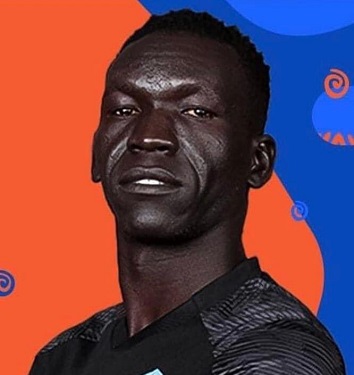
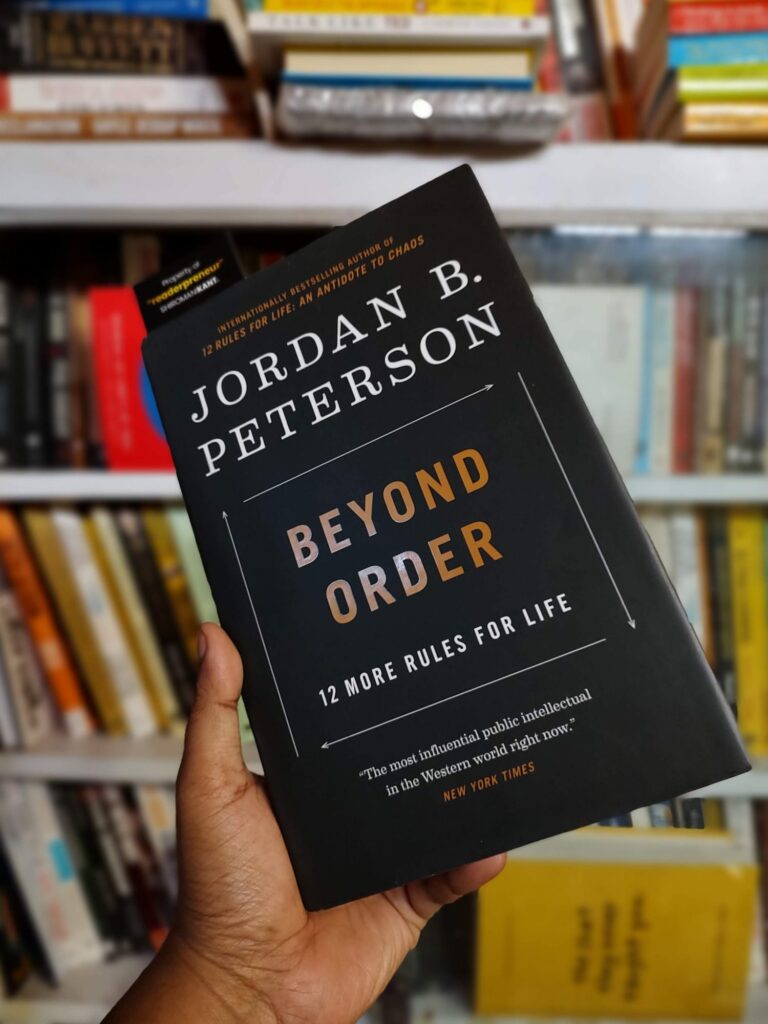








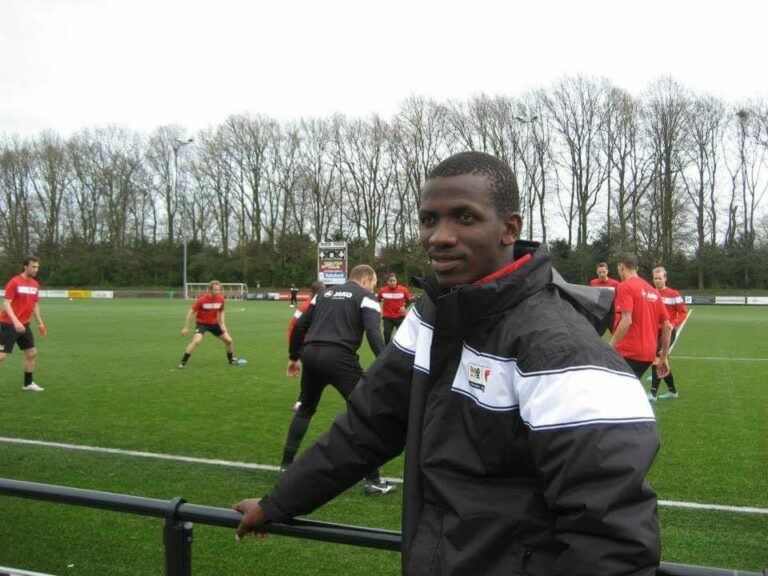


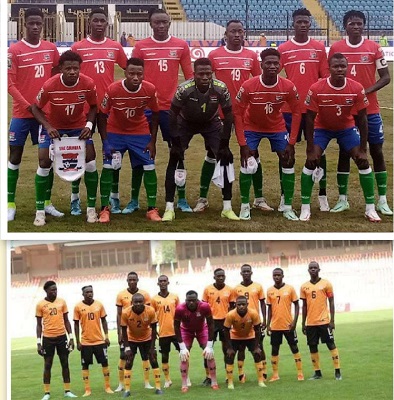
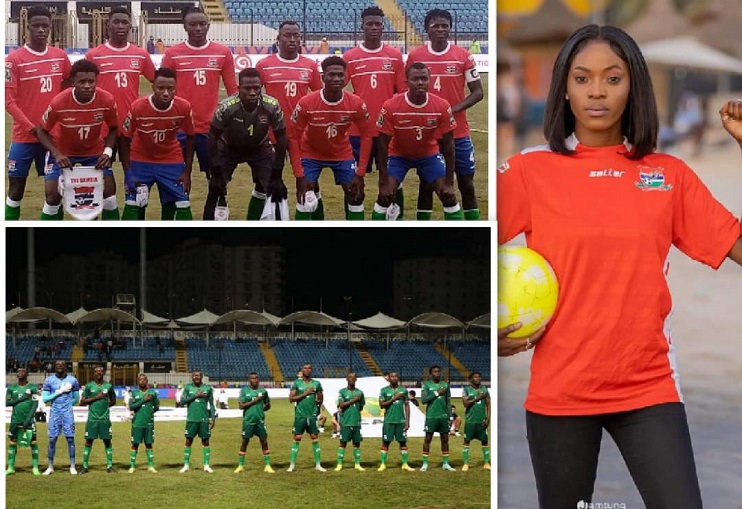


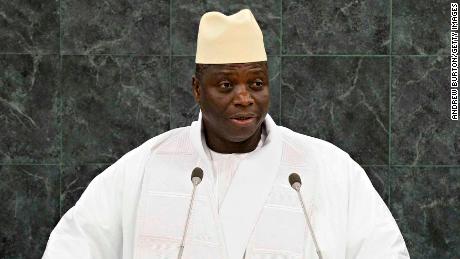

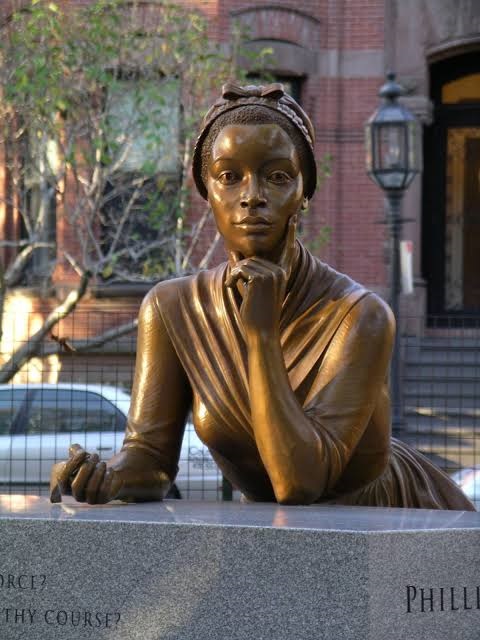


 When I arrived in the Gambia, Tapalapa was one bread that I found is highly consumed. I always wonder why it is most preferred in the Gambia. This ignorance is expected due to my perception concerning some white bread in my home country which lacks fibre. I often assumed the Gambian bread is akin to this plain white bread I know. But I found that this Gambian bread has a different nutritional outlook.
When I arrived in the Gambia, Tapalapa was one bread that I found is highly consumed. I always wonder why it is most preferred in the Gambia. This ignorance is expected due to my perception concerning some white bread in my home country which lacks fibre. I often assumed the Gambian bread is akin to this plain white bread I know. But I found that this Gambian bread has a different nutritional outlook. In this article, I examine the science behind the ingredients of Tapalapa: a mixture of wheat and millet flour, to which is added maize flour, as well as cowpea (niébé) flour. Cowpea flour is really what gives this bread the very unique taste and texture. Besides, millet and maize have been proven in scientific research to support our health. Just imagine eating all these combinations in one meal.
In this article, I examine the science behind the ingredients of Tapalapa: a mixture of wheat and millet flour, to which is added maize flour, as well as cowpea (niébé) flour. Cowpea flour is really what gives this bread the very unique taste and texture. Besides, millet and maize have been proven in scientific research to support our health. Just imagine eating all these combinations in one meal.